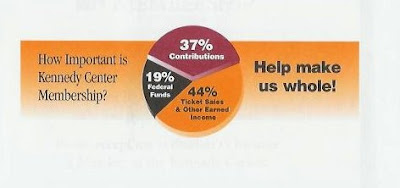There are so many different types of writing that it’s futile trying to list them all.
Yet, there are some principles that hold true in almost every writing situation. I’m tempted to call them “Universal Rules” of good writing, in ANY language.
Here are three such rules:
Brevity. If you can express an idea in one word, do NOT use two words. Shorter is always better unless you’re writing a poem or involved in some aesthetic experiment.
For example, “I did go there” is always better than “as a matter of fact, I did go there”. Eliminate the deadwood and allow your text to breathe comfortably.
Modularity. Break down long procedural descriptions into easily digestible short steps.
Chop your long paragraphs into shorter ones.
If writing for the web, don’t be timid to post each sentence on its own line, with white space in between individual sentences.
Headers. Break up your text with bold headers and sub-headers since most people will only skim through the headers.
Headers that contain the gist of the paragraph below increase comprehension and retention.
For example, here is a good one: “How G-30 suntan lotion reduces skin cancer rate”.
And here is a not-so-good header preceding the same hypothetical paragraph: “Suntan Lotion, Sun, and Your Life”.














